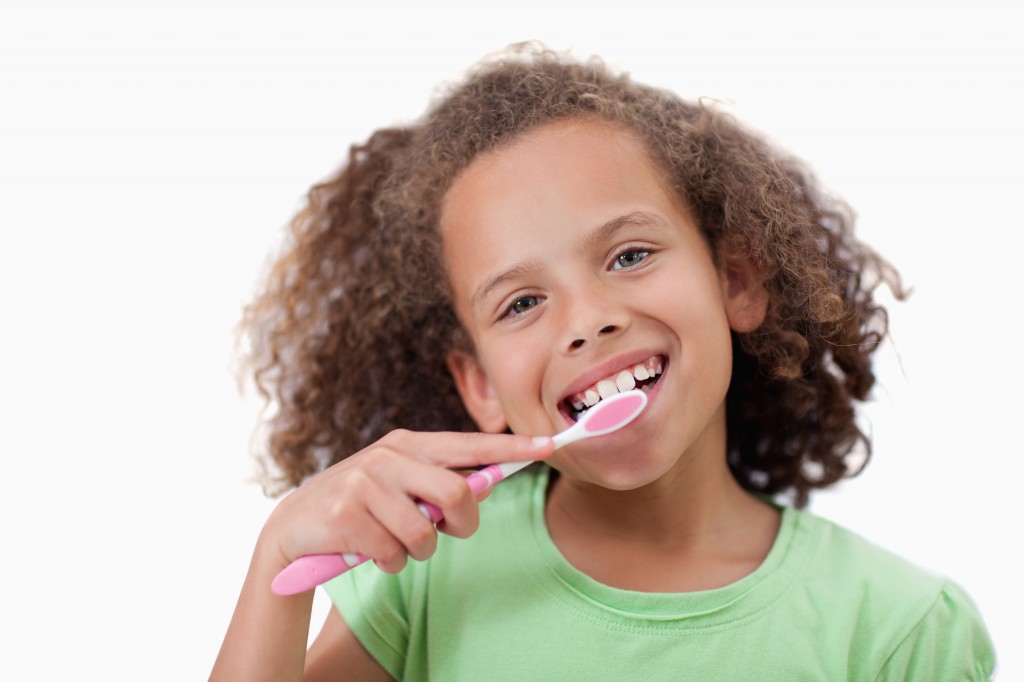-
Health & Wellness
BACK-TO-SCHOOL: Developing Good Dental Hygiene
Developing good dental hygiene is especially important for children. Thomas Salinas, D.D.S., says, "Regular dental exams are an important part of preventive health care. Students who brush their teeth, gums and tongue twice per day can reduce their risk of infection." He recommends students practice healthy dental habits daily and visit the dentist for a cleaning twice a year.
On Mayo Clinic Radio Dr. Salinas has discussed dental health topics, from cavities and canker sores to larger issues such as cleft palates or implants. During the radio show listeners tweeted specific questions and below are Dr. Salinas' answers.
[You can listen to a podcast of the show Mayo Clinic Radio – Full Show 8-3-2013]
Q: Is brushing twice important? Can we use oral chemicals to rinse mouth at night?
A: Assuming twice a day brushing (YES!) and you can use chlorhexidine or cetylpyridinium before bed.
Q: What is the most effective toothpaste?
A: All fluoridated toothpastes with ADA seal are effective.
Q: Won't 4 minutes of brushing wear down enamel over time?
A: Four minutes of brushing will not appreciably wear down enamel.
Q: How important is the direction you brush? Which area of mouth needs more attention?
A: Angle brush 45 degrees to gum with small circular strokes. Spend slightly more time on back teeth.

Q: Isn't fluoride harmful? Why put it in water?
A: Fluoride in small quantities as suggested is harmless. One part per million is harmless and beneficial.
Q: How do I get rid of gingivitis for good?
A: Strong attention to regular oral hygiene with disclosing dye, low sugar consumption, regular professional cleanings.
Q: After two extractions, I have painful teeth and gums when it is cold. Advice?
A: Desensitizing toothpastes, bonding over the root surfaces exposed, coverage of the root with crowns, root canal therapy. (Sequentially in that order if each one does not work.)
Q: Will there be stem cell therapy for tooth regeneration?
A: There is stem cell regeneration but not refined. Tooth regeneration is still susceptible to decay and periodontal disease. Implants more predictable.
Related Articles








